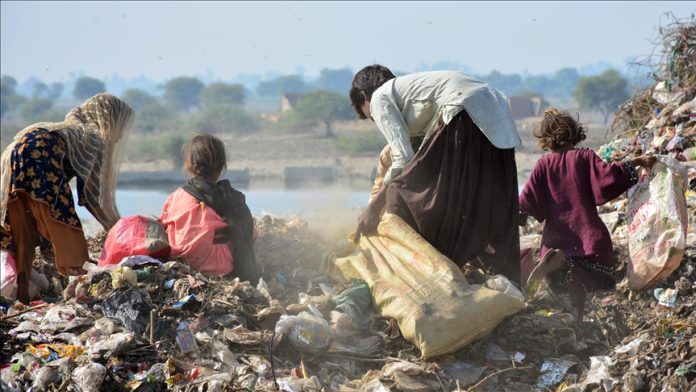The presidential candidate of the Labour Party in the 2023 election, Peter Obi, has reiterated his core campaign message amid alarming reports that Nigeria now ranks among the top 20 most food-insecure countries globally.
In a statement marking World Food Day, Obi expressed deep concern over the Global Hunger Index, which places Nigeria among the 20 nations facing the worst hunger crises.
He pointed out that by August 2024, more than 31.8 million Nigerians were experiencing severe food shortages due to escalating security issues and the removal of fuel subsidies.
“It was also reported that 15.6 million Nigerian children are grappling with hunger,” Obi said. “Furthermore, the United Nations has warned that 82 million Nigerians could face hunger by 2030 if urgent steps are not taken to address food insecurity.”
Obi highlighted that Nigeria’s domestic food inflation is among the highest worldwide, with food prices increasing by 37.5% year-on-year as of August 2024.
As the world observes World Food Day, Obi stressed that this global event serves to raise awareness of hunger and food insecurity, urging a renewed commitment to tackling the issue head-on.
“This global observance is especially significant to us in Nigeria, where food prices are soaring daily, making even basic necessities unaffordable for the majority,” Obi stated. “Severe hunger has now tragically become a member of many Nigerian households. This is a nation that was once considered the giant of Africa, with the most arable land on the continent.”
Obi lamented Nigeria’s current struggle with hunger, given the country’s vast agricultural potential. “It is disheartening that despite our richly blessed, fertile lands, Nigeria is suffering from a deepening food crisis,” he added.
“In the past, I was concerned that many Nigerian households spent most of their income on food, leaving little to no room for savings or other essentials. Today, it is even more painful to see that many households can no longer afford even the most basic sustenance,” Obi remarked.
He noted that the food crisis has worsened significantly, with prices continuing to climb and hunger escalating into a national emergency. Citing a recent Food Security Update from the World Bank, Obi warned that Nigeria’s food crisis has been likened to that of war-torn countries like Yemen, where acute food shortages and widespread hunger prevail.
“These distressing reports are just a glimpse of the harsh reality,” Obi said. “For years, I have consistently argued that moving our country from consumption to production is the only viable solution to tackling food insecurity and lifting the nation out of this crisis.”
Obi emphasized the immense potential of Nigeria’s uncultivated lands, particularly in the North, coupled with the nation’s large population. “We must invest deliberately in agriculture,” he stated. “Take Niger State, for example, which is twice the size of the Netherlands in land area (excluding water), yet it struggles to feed itself, while the Netherlands exports over $100 billion worth of agricultural products annually.”
To combat hunger, Obi called for targeted investment in agriculture, focusing on improving security to allow farmers to return to their lands and adopting modern mechanised farming techniques.
“A nation brimming with productivity, free from hunger, and abundant in food supply is the vision of the new, more prosperous Nigeria we are committed to building. It is possible!” Obi concluded.


